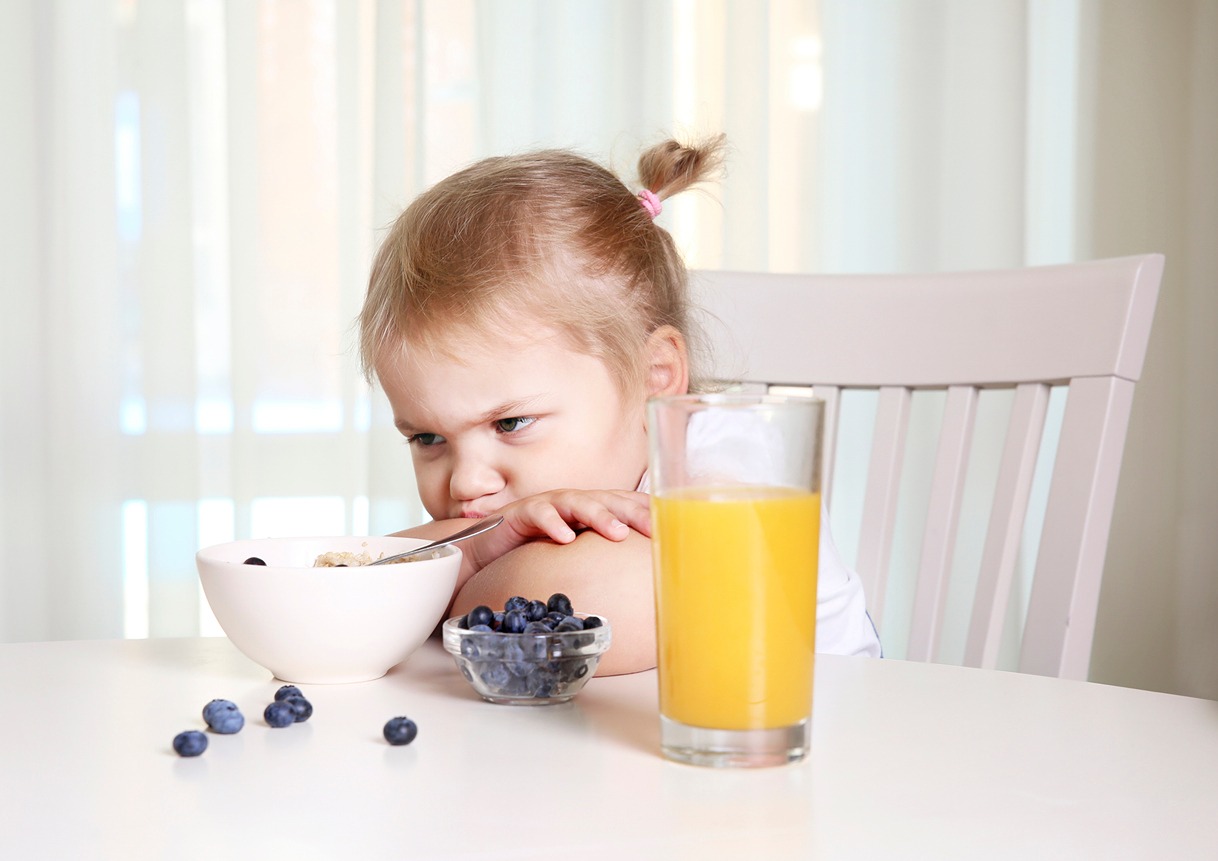On 30th January this year, the World Health Organisation (WHO) published a guideline on the use of low sodium salt substitutes (LSSS). In its summary, it recommends that governments consider promoting the use of LSSS to help dietary salt reduction and reduce the risk of hypertension and...
The findings of the paper show that many products fail to meet the WHO nutrient and promotion profile model with shortcomings in multiple criteria....
A report by MPs says that thousands could be prevented from going hungry if children from poor households were automatically enrolled for free school meals...
The Royal College of Midwives (RCM) has welcomed a government funding boost as part of the Government’s Plan for Change, which will help families give their child the best start in life....
The study, led by Durham university, found that newborn babies showed a more positive response to the smell of foods they were exposed to in the womb....
Jess English, RD, looks at the importance of maternal nutrition for both mother and family in the postpartum period and onwards.As many mothers will confirm, their own nutritional needs often take a backseat as focus inevitably shifts to feeding their families. Add to this the physical demands of...
The Food Foundation released this year’s Broken Plate Report in Parliament late last month. It highlights challenges across all three food environment metrics and outcome metrics....
As it is soon to be Valentine’s Day, I thought I would delve into the world of chocolate and see what evidence there is for some of the health benefits that have been claimed in the recent past.As a bit of background, chocolate is made from Theobroma Cacao beans grown in tropical zones around the...
The finalists list is a great overview of nutrition and food work going on to support children's health, while the negative ones highlight some of the pitfalls in this area of nutrition....
The new pregnancy NICE guidelines are a must read for anyone working with or in contact with women who might become pregnant, pregnant women, new mothers and children under five....
Misophonia is a condition where certain sounds provoke strong emotional and physical reactions, such as anxiety, anger, or disgust. Here I aim to unpick the factors that interlink misophonia with eating disorders.The condition often emerges in childhood or adolescence and is believed to involve...
Iron is a crucial mineral in the teenage years. In this article, iron requirements, deficiency and crucially the prevention of deficiency in adolescence will be examined....
Medical ward admissions for children due to eating disorders rose by more than 500 per cent in England in the period from 2012 to 2022....
The UK Parliament is asking those with relevant expertise to send their views in writing to the House of Commons Public Bill Committee as soon as possible....
Kate Roberts, RD, explores what restricted diets in children are, the causes and reasons why they occur, and how to make changes with mealtime management and strategies....
It's January now, 2025. How did that happen? It's the time of year when we make our New Year’s resolutions. I'm not a fan of making New Year’s resolutions, as I don't see the point, probably because, like many people, I've made resolutions before and haven't kept them! As a healthcare...
The new study pinpoints the age at which cardiovascular health trajectories begin to decline, revealing a crucial window for targeted interventions to improve cardiovascular health into adolescence and adulthood....
In an open letter addressed to the secretaries of state for health and social care and for education, 38 doctors, researchers, peers, and others have called on the government to end what they are calling ‘stealth marketing’ to children from food companies....
Polycystic ovary syndrome (PCOS) affects millions of women worldwide, disrupting hormonal balance and leading to irregular menstrual cycles, acne, hair growth and challenges with fertility. Whilst conventional treatments, like medication and lifestyle changes, are common, many women are turning to...
The UK Government has confirmed the final details of advertising restrictions aimed at preventing children from being exposed to TV adverts for junk food products....




















